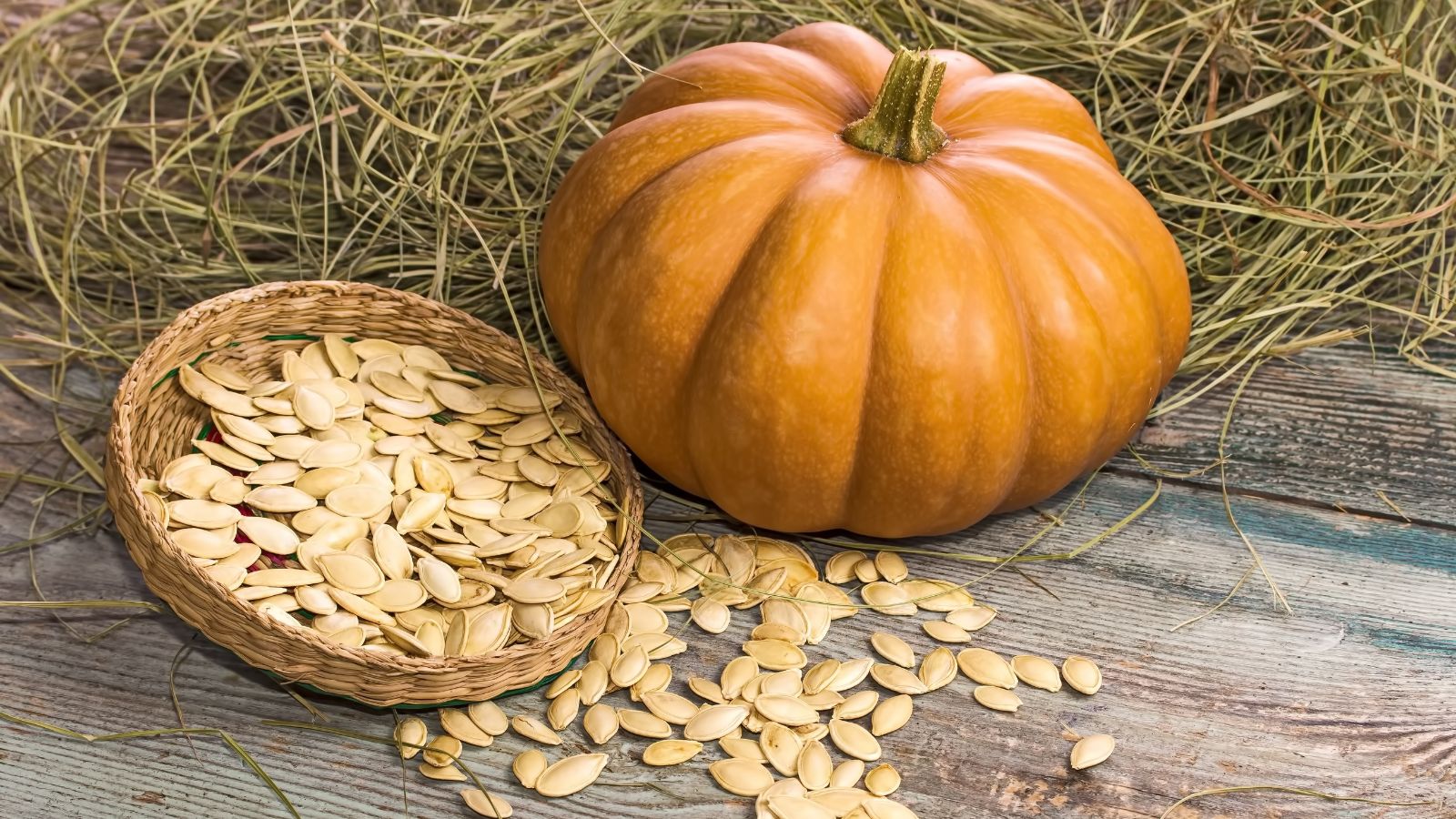
The best solution to Save Pumpkin Seeds for Subsequent Yr: 7 Skilled-Recommendations
[ad_1]
There’s nothing further autumnal than rising your private pumpkins, whether or not or not you present them near your entrance door, carve them as jack-o-lanterns, or course of them into pie. Amongst these fall traditions, chances are you’ll as effectively save their seeds for the next rising season.
There are a handful of reason why it is attainable you may want to save lots of your pumpkin seeds for subsequent yr, as tempting because it may very well be to roast and eat them as a substitute.
Perhaps you grew an A+ pumpkin that you just simply’d truly choose to develop as soon as extra subsequent summer season season. Maybe it’s essential to start cultivating your private non-public “choice” that you just simply share with household and mates. Doubtlessly, you’d an identical to to economize.
Or in all probability, you merely must work out when you’ll be able to. Fortunately, the strategy is not too tough, notably with the help of the following advice. We’ve assembled the entire strategies you need together with the first steps, so it may prevent pumpkin seeds for subsequent yr like an expert.
Stay away from Cross-Pollination
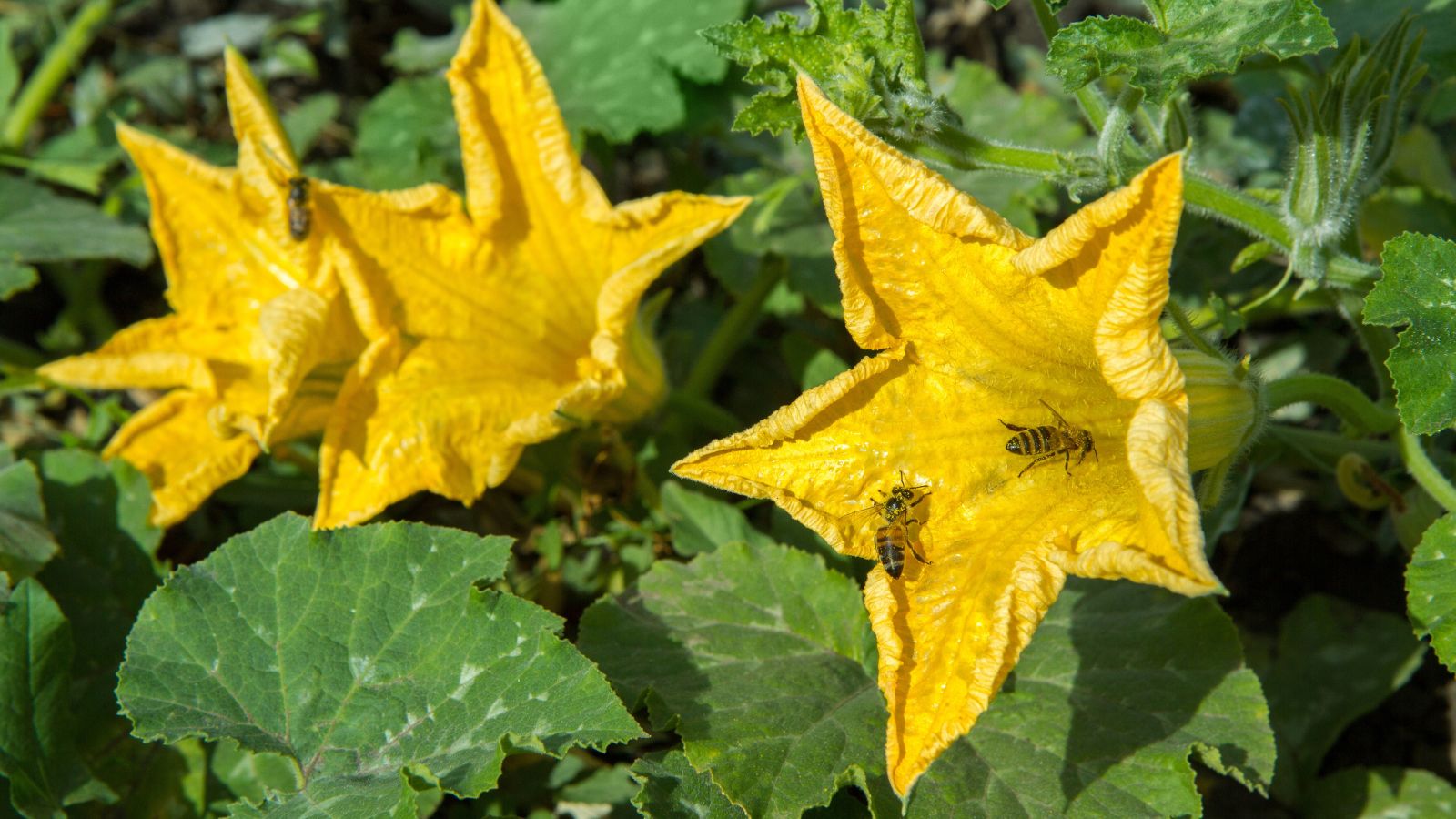

Many gardeners who’re new to rising pumpkins don’t perceive that the seeds they harvest from the fruits of their labor couldn’t germinate and eventually produce further fruit that look the an identical subsequent yr. That is because of cross-pollination.
Pumpkins are one in every of many many sorts of Cucurbita pepo, amongst winter squash, summer season season squash, and completely different gourds. For many who’re rising every pumpkins and butternut squash within the an identical yard, it’s seemingly that pollinators used pollen from one to pollinate the alternative.
The following fruit from the pollinated flower will look like the fruit you supposed, nevertheless the seeds inside will produce hybrid fruit which may be a mix of the two mum or dad vegetation. That’s important information for gardeners hoping to re-grow the an identical vegetation subsequent yr.
For many who’re cultivating a lot of cucurbits, there are only a few strategies you presumably can attempt to forestall cross-pollination:
- You’ll hand-pollinate flowers early throughout the morning, deciding on a feminine and male flower from the an identical plant or related choice.
- You’ll protected baggage over flowers sooner than they open, controlling which pollen is obtainable to pollinators.
- You’ll attempt rising fully completely different varieties about half a mile apart or further, when you have got the home.
If saving pumpkin seeds for subsequent yr wasn’t initially in your plans, you may have planted every kind of pumpkins and completely different cucurbits. By which case, it’s almost certainly too late to avoid cross-pollination. Protect this phenomenon in ideas for subsequent yr.
Nonetheless, while you’re merely rising pumpkins—with out another cucurbits in sight—then it is best to have the power to copy your vegetation subsequent yr. They should be true to seed.
Acquire a Lot of Seeds
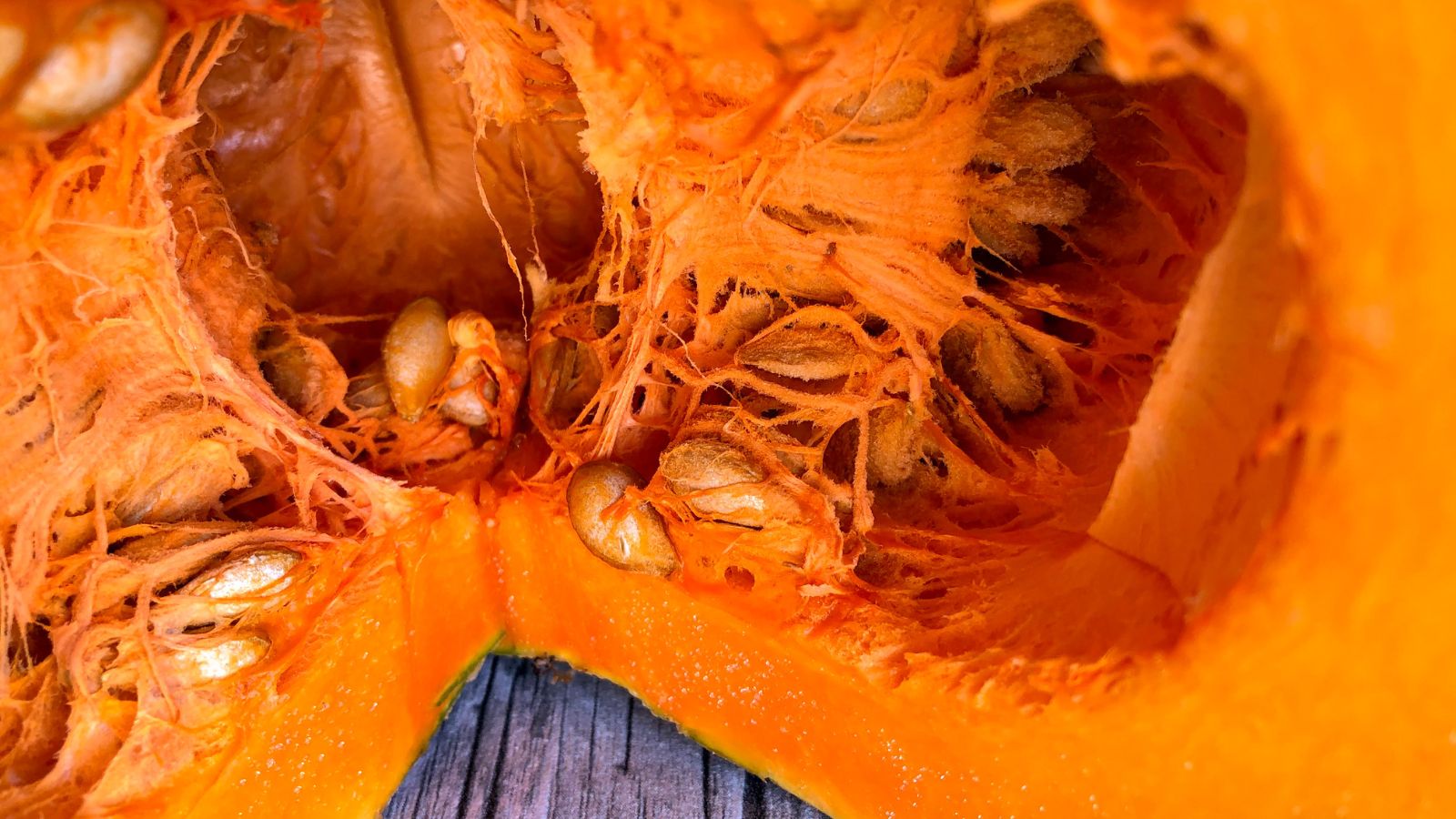

If you would like the best possible seeds for germination, you then want the healthiest, most sturdy pumpkins. Attainable, your pumpkins are already in good type, which is why you’re hoping to repeat them subsequent rising season.
Stay away from any stunted, sickly, or unusual-looking pumpkins, if doable. Wait until the pumpkins are completely mature. You’ll know they’re mature as soon as they’ve stopped rising measurement, reached their final coloration, and when their stems start to harden and brown.
If the vines themselves are starting to wither away, this generally is a good sign of mature fruit. Immature gourds may have undeveloped seeds that will not germinate, so don’t waste your time. If a pumpkin stays to be small and pale inexperienced, go ahead and toss it into your compost.
With big, healthful, and mature pumpkins out there, now you’re ready. Gathering as many as you in all probability can will make an precise distinction since you’re saving them for subsequent yr.
Some couldn’t retailer correctly, some may decay, and some may have under no circumstances been viable to begin with. By starting with a giant amount, you improve the chance of germination subsequent yr. So, whereas it may very well be tempting to current a pumpkin only a few scoops after which switch on, lean into the strategy and collect a ton.
There are numerous devices you must use for scooping, along with these that embrace a standard jack-o-lantern carving package deal. Nonetheless, while you’re not attempting to maintain up the aesthetic type of your pumpkins for Halloween decorations, you can be pretty aggressive when harvesting.
Don’t worry an extreme quantity of about pulp, and so forth., at this stage. Merely get as many developed seeds as you presumably can.
Take away the Pulp
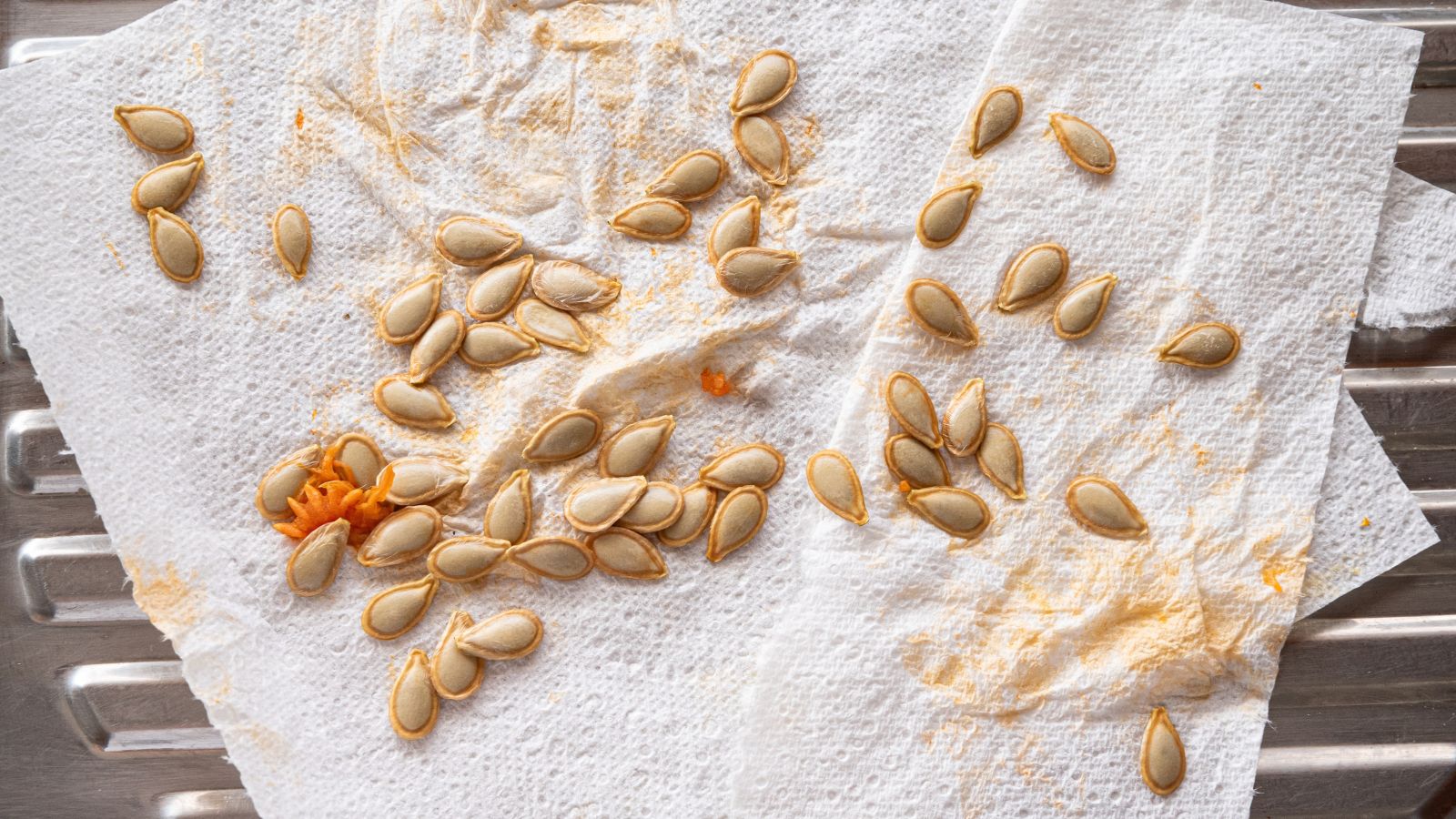

The next step is to remove the entire pulp. Cleaning up now will make it less complicated to be able to decide which seeds are the proper as a substitute of selecting from a pulpy mess.
A easy strategy to do this is to put the pulpy mess proper right into a colander and rinse it beneath the sink. A sink with a twig attachment may make the strategy go faster. You presumably can moreover do that technique exterior with a hose while you don’t have a twig attachment throughout the kitchen.
For many who keep the strategy clear and hygienic, it may prevent and use the pulp to make your private pumpkin puree. Take away any stringy bits and bake what stays. Put it in a meals processor, and likewise you’ve purchased do-it-yourself puree.
With a bit little little bit of pumpkin spice seasoning, you’ll have a lot of substances to make pumpkin bread, pie, and completely different seasonal treats. Perhaps these autumnal flavors aren’t your favorite. Toss the pulp into your compost bin, and nothing is wasted.
Resolve Out the Best Seeds
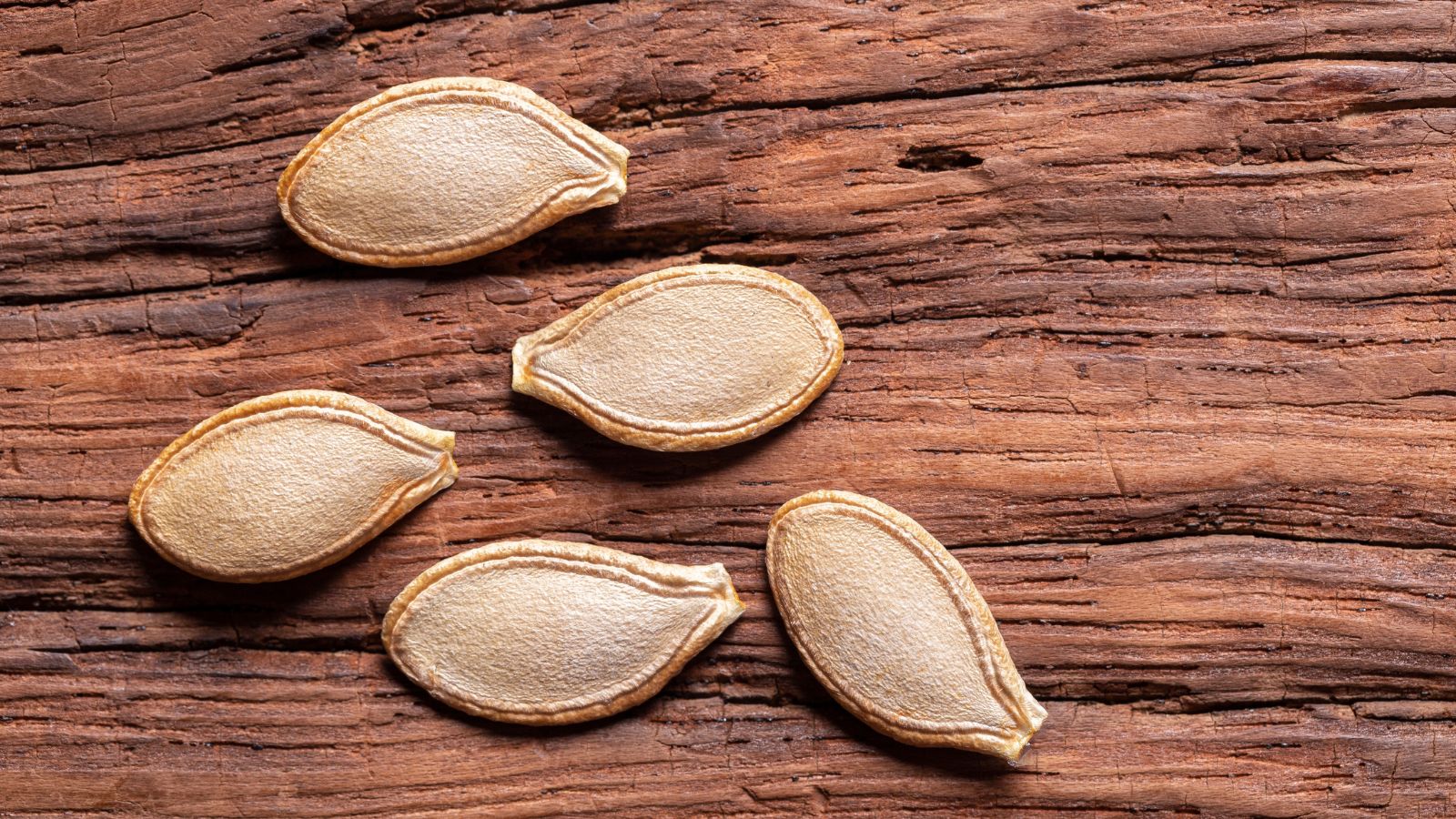

Now that you just simply’ve gathered a bunch of healthful seeds and have eradicated the pulp, you presumably can take check out your bounty and toss any which may be subpar. Due to this it’s a great suggestion to have started with so many; now you’re going to slender down the selection.
Take away any which have an odd type or off-color. Small ones might be not viable or completely developed, so remove these too. (Or roast them for a bit snack.) This can stop time down the highway. You don’t must waste any time or home attempting to germinate any which may be weak or sickly.
It’s essential to save crucial, most uniform findings for subsequent yr’s rising season. These are these which have the proper chance at germinating and presenting you with subsequent yr’s best pumpkin.
Ferment
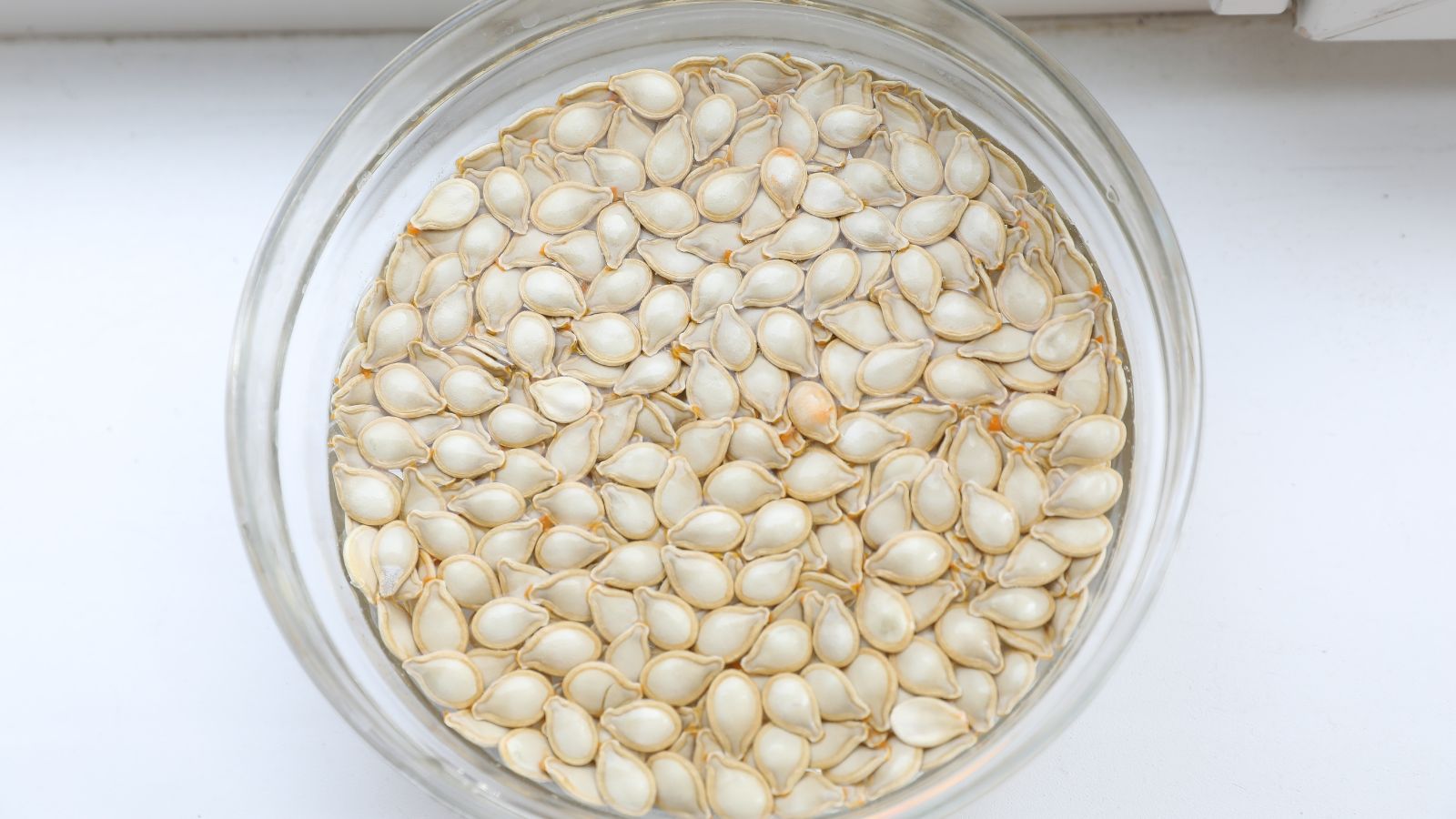

Subsequent, attempt your hand at fermenting. This isn’t 100% important nevertheless may make a significant distinction for a lot of causes.
One, though you almost certainly eradicated virtually the entire pulp, the fermentation course of removes the rest. This will decrease the chance of rotting and fungal progress whereas in storage or winter prolonged. For many who skip to drying now, it is attainable you may uncover mildew in spring.
Two, fermentation naturally helps take away trace portions of micro organism and fungi that will lead to sickness down the highway. It even assists in eliminating seed-borne pathogens. Bacterial leaf spot is an occasion of a seed-borne sickness that impacts pumpkins and completely different squash.
Lastly, fermentation breaks down the gelatinous outer lining. This will every velocity up the germination course of and likewise improve its success price.
For those who take into account it, that’s what happens in nature. Fruit falls on the underside, after which it ferments. Due to this fermentation is an ordinary method to course of the seeds of latest tomatoes and completely different yard crops.
To ferment, drop the seeds in a jar of water, and cover it loosely with a lid. Do not squeeze the lid tightly shut. It must be merely barely closed, allowing gasses created all through fermentation to flee the jar. Go away the jar alone, at room temperature, for 3 or 4 days.
Then, stir the mix, and take away any seeds which have floated to the best. They don’t seem to be viable, nevertheless those that have sunk are good to go. Drain and rinse the viable seeds.
Dry and Retailer Appropriately
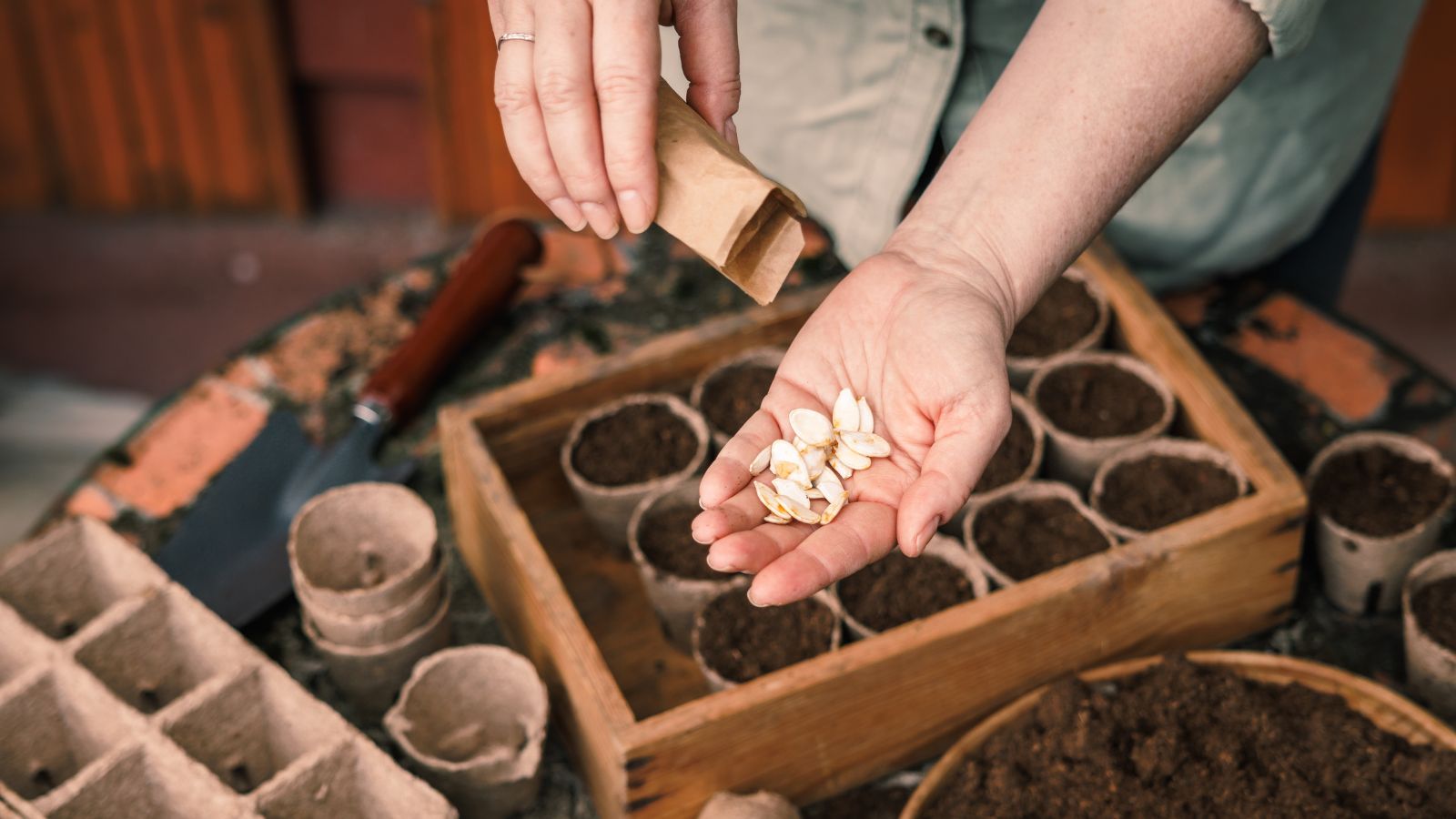

It’s truly important that you just simply dry fully since you may be storing them for a really very long time. Within the occasion that they aren’t dry adequate, they could rot.
The one strategy to do this is to unfold them out on a single layer, on a baking sheet, paper bag, or completely different clear flooring. Guarantee none of them are on excessive of each other. Permit them to sit in a cool, dry place until completely dry. This would possibly take only a few days.
One different method is to place them throughout the oven at 150°F (66°C) for 3 to 4 hours. Be certain you stir them spherical typically so not one of many sides burn. You might also use a dehydrator. Set it to 115°F (46°C), depart the seeds for about an hour, and confirm on them. Go away them for another hour within the occasion that they’re not however dry.
As quickly as they’re dry, retailer them accurately. Place them in an airtight container and keep them someplace cool and darkish. Stay away from damp basements, scorching garages, and outdoors yard sheds that can heat up.
As long as they don’t spoil, they could keep viable for years. That is among the many reason why it is best to label them with the plant establish and date. It’d seem obvious to you now, nevertheless eventually, chances are you’ll neglect.
Take Notes
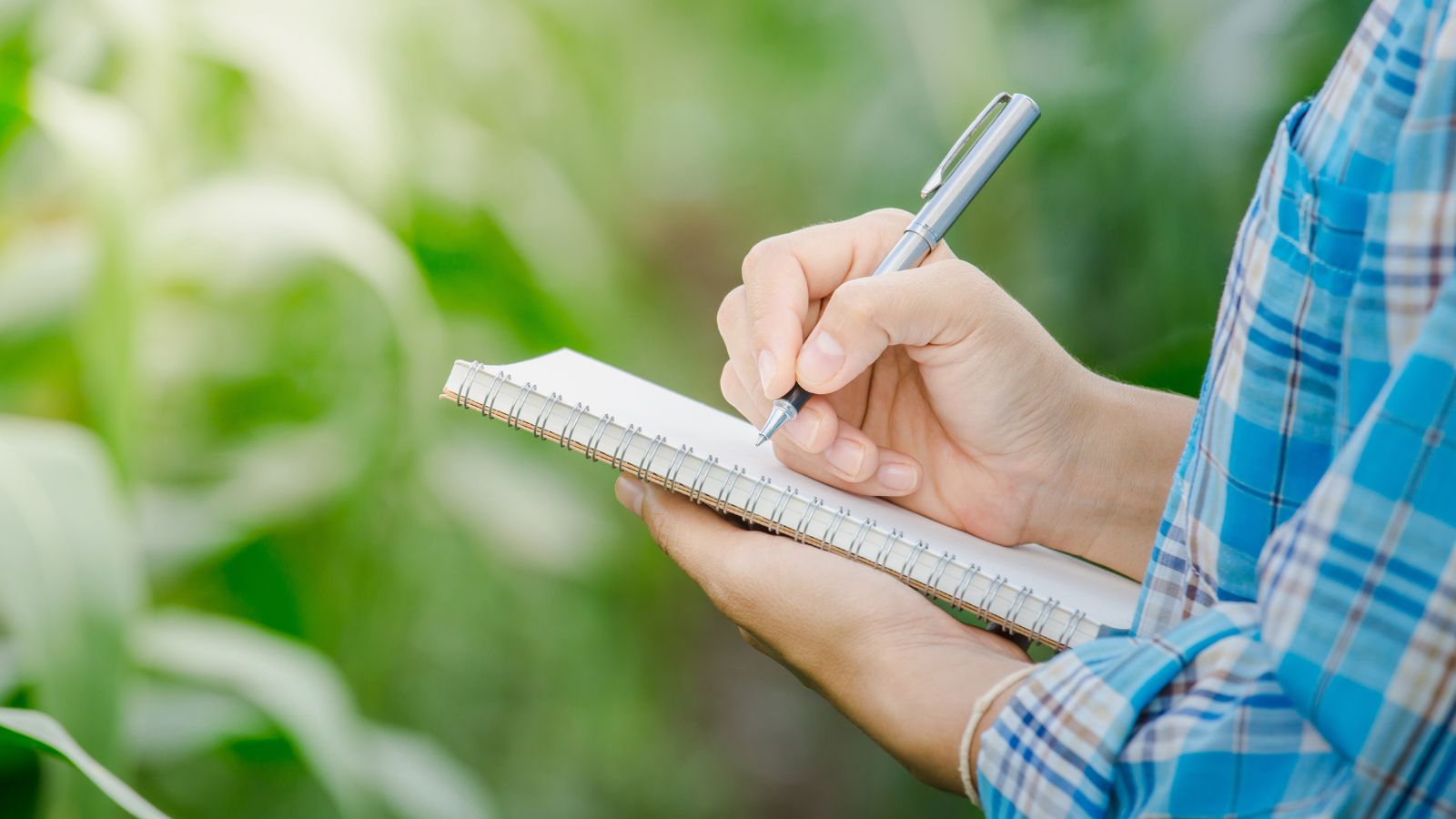

Lastly, take notes all alongside one of the best ways. What made it’s essential to take a look at this course of? For many who grew considerably stellar pumpkins, write a bit about them in a yard journal. Add particulars about their dimensions, the yr’s local weather, and easily what made them so explicit.
Did you may need any factors with pests and illnesses that you just simply’d wish to forestall? Since you’ve invested rather a lot vitality in gathering, processing, and storing, you’ll must put collectively your self to protect them subsequent yr. Discover any factors from this yr, evaluation prevention strategies, and arm your self with data.
Moreover, file particulars about the seed-saving course of. Perhaps you discovered that a number of your seeds weren’t viable, and likewise you’ll must look once more by means of the steps to try to work out why. Perhaps all of them germinate spectacularly, and likewise you’ll must repeat these precise steps subsequent yr.
It’s moreover fulfilling to experiment. Maybe you fermented half of the seeds, nevertheless you skipped fermentation for the alternative half. Which ones had the subsequent germination success price? That’s the data that “future you” might want to know.
This may be the beginning of a pastime that spans for years, and likewise you’ll be glad you may need the data from earlier summers. Taking notes when gardening can truly help you to reinforce your strategies over time.
Subsequent yr, when you’re harvesting pumpkins however as soon as extra, you’ll be glad you may need notes to reference.
[ad_2]
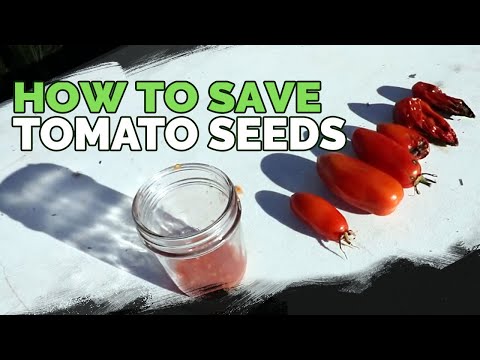
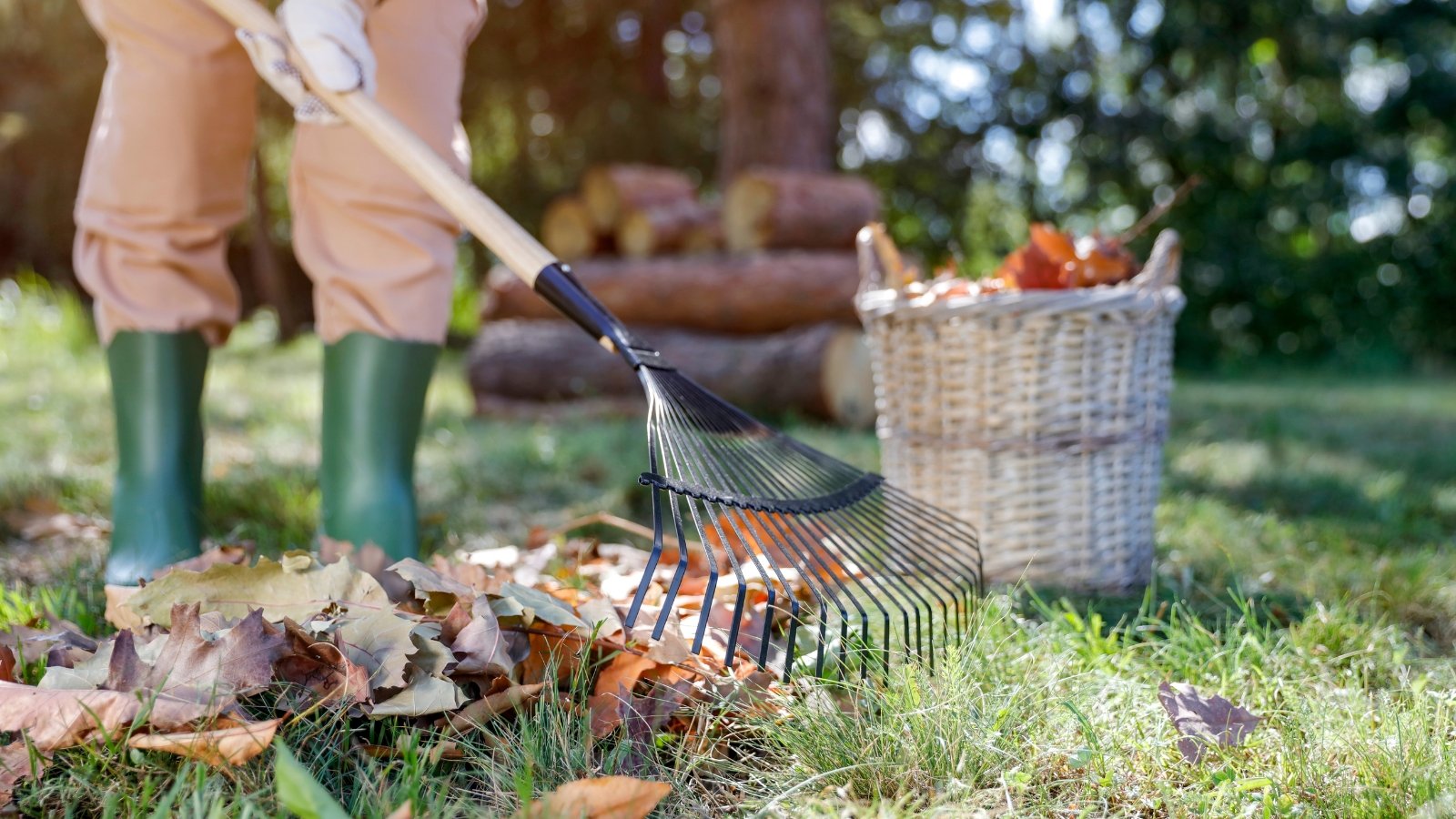
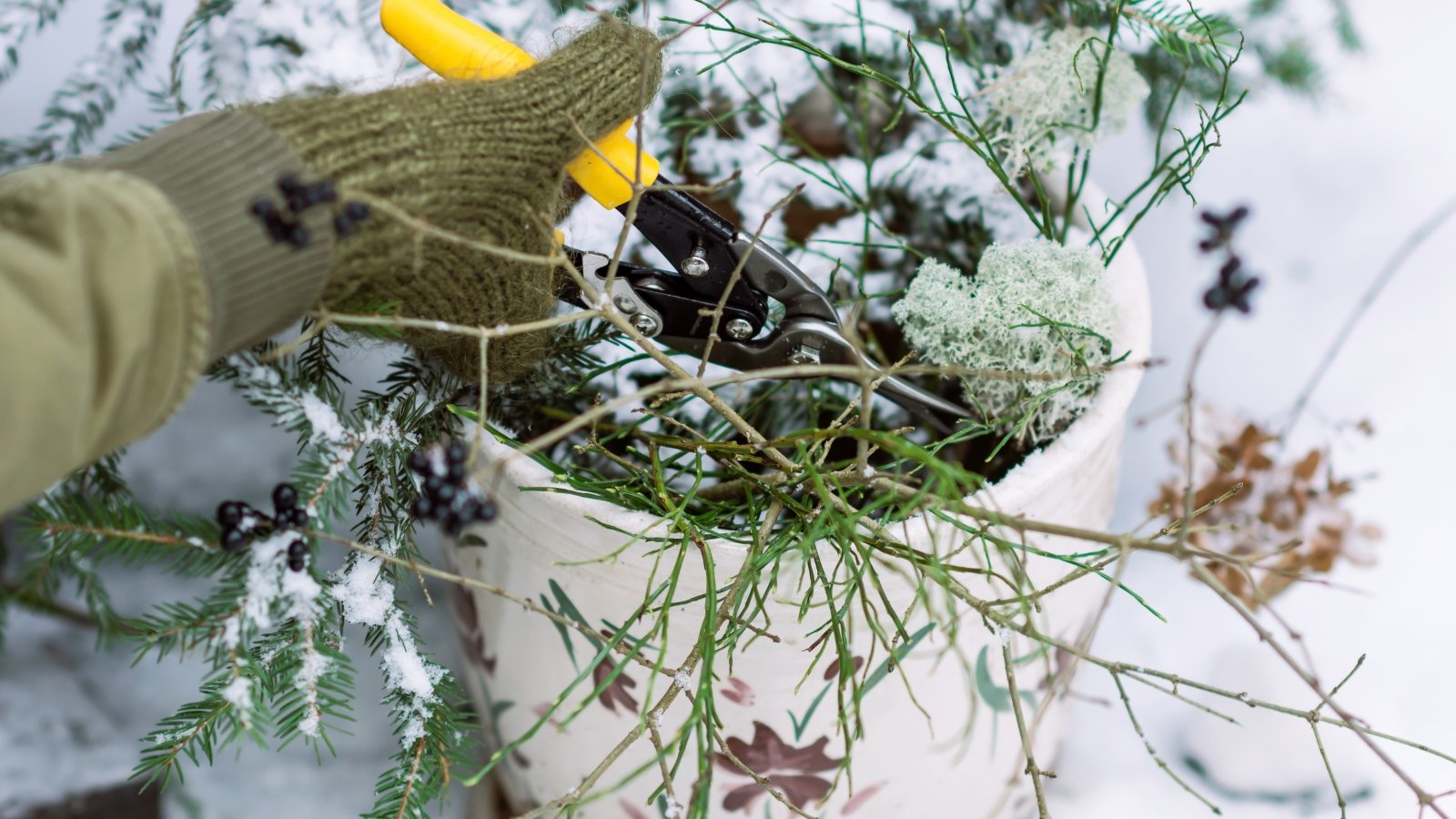
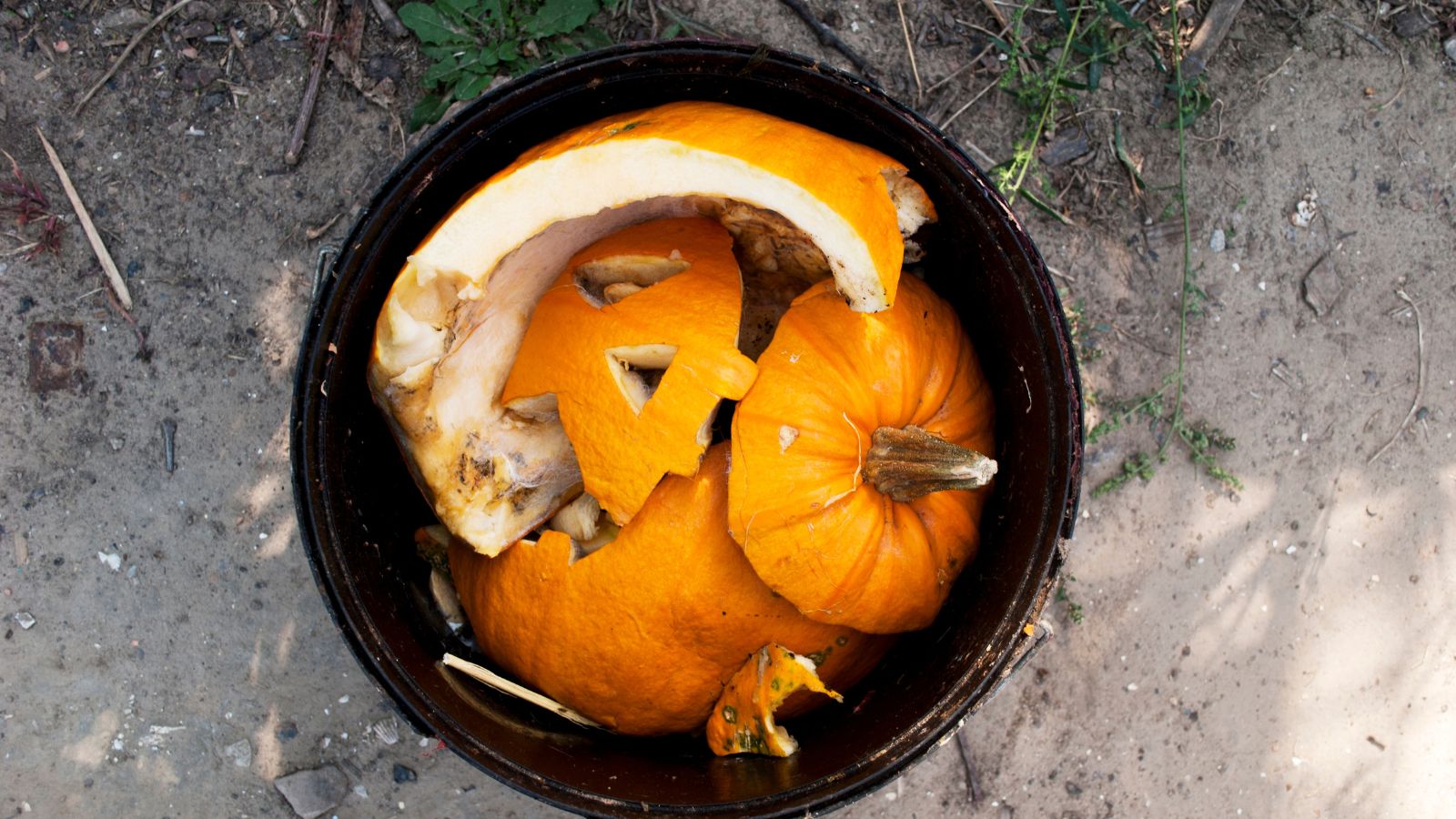
I enjoyed reading about the seed-saving process from start to finish. The detailed steps make it seem manageable for beginners like me who want to grow their own pumpkins next year without losing their variety.
This article provides a comprehensive guide on saving pumpkin seeds. I appreciate the emphasis on avoiding cross-pollination, as it’s crucial for maintaining the quality of seeds for future planting. Practical advice is always welcome.
I found the section on fermenting seeds particularly interesting. It seems like a useful technique to improve germination rates and prevent rot. I might try this method next season with my pumpkin harvest.
The information about selecting the best seeds was helpful. It’s important to start with healthy specimens, and knowing what to look for can save time and effort in the long run. I’ll keep these tips in mind.
Taking notes throughout the gardening process is a great suggestion that I hadn’t considered before. It could help track what works well and what doesn’t, allowing for improvements each growing season.